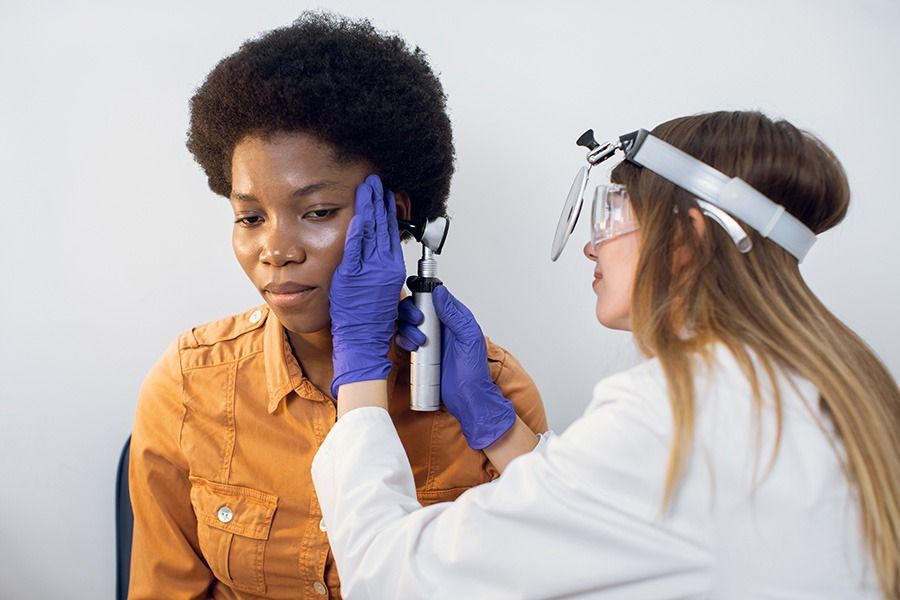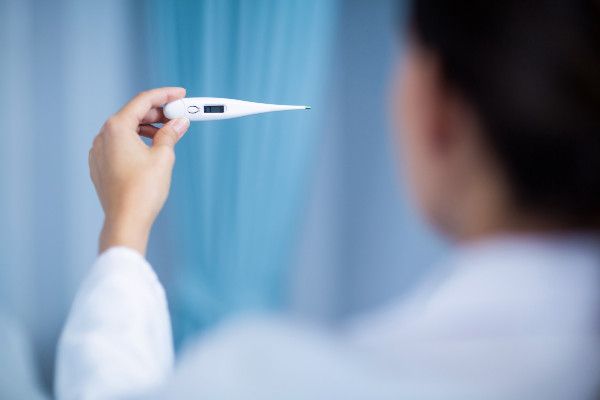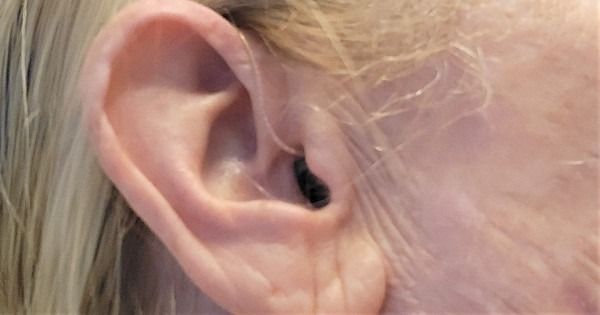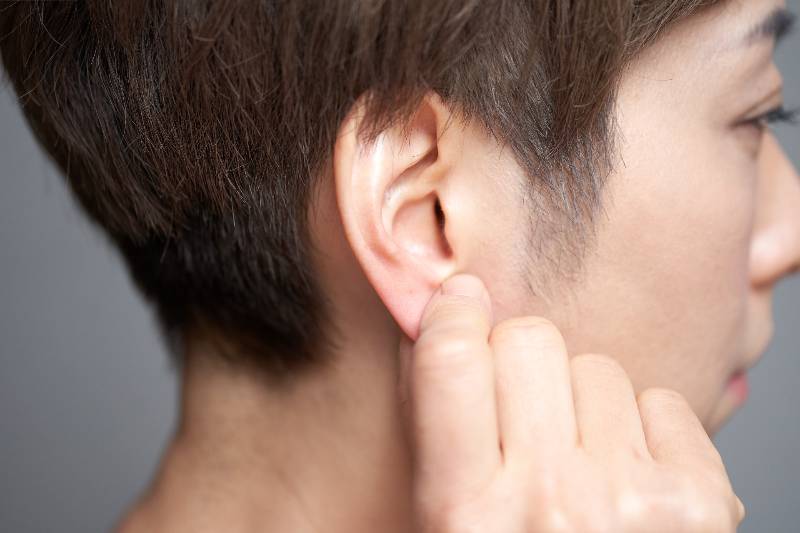Introduction
Meningitis is a potentially fatal infection known to have lasting impacts on an individual’s health. One of the lesser-known but significant effects is the connection between meningitis and hearing loss. In this article, we will dissect the correlation between meningitis and hearing loss, delve into the various types of meningitis, their influence on hearing, and possible strategies for prevention and management. Additionally, the importance of early identification and intervention and the challenges faced by people with hearing loss resulting from meningitis will also be discussed.
Examining the Impact of Various Meningitis Types on Hearing Loss
Different types of meningitis have distinct impacts on hearing loss. Bacterial meningitis, which is the most serious form, is the main cause of hearing loss related to meningitis. The main bacteria causing this condition include Streptococcus pneumoniae, Neisseria meningitidis, and Haemophilus influenzae type b. These bacteria can cause inflammation in the inner ear and damage the fragile hair cells that convey sound signals to the brain.
Viral meningitis, on the other hand, is less likely to lead to hearing loss. Although it might cause temporary hearing complications, permanent hearing loss is not common in cases of viral meningitis. Recognizing the distinctions between different types of meningitis is crucial in determining the correct treatment and prevention strategies, hence reducing the risk of hearing loss.
The Unseen Aftermath: Post-Meningitis Hearing Loss
Hearing loss is a prevalent yet often unnoticed aftermath of meningitis. About 30% of individuals surviving bacterial meningitis may experience varying degrees of hearing loss. This happens when the infection causes inflammation in the inner ear, damaging the hair cells responsible for conveying sound signals to the brain.
Without immediate detection and treatment, hearing loss due to meningitis can have lifelong effects, including difficulties in speech and language development, social isolation, and a decreased quality of life. Therefore, it’s essential for survivors of meningitis and their families to monitor their hearing and seek appropriate treatment and support if hearing loss is detected.
Meningitis and Hearing Loss in Babies
Prevention and Care Babies are particularly susceptible to meningitis and its associated hearing loss. Symptoms of meningitis in babies may include irritability, lethargy, and a bulging fontanelle (soft spot on the head). If you suspect your baby might have meningitis, it’s vital to seek medical assistance immediately. Early identification and treatment are key to reducing the risk of hearing loss and other complications.
Prevention of meningitis in babies is crucial to protect their hearing health. Ensure your child gets all recommended vaccinations, as vaccines can safeguard against many bacterial and viral strains causing meningitis. Regular hearing screenings and check-ups with an audiologist can also detect any hearing problems and provide early intervention if required.
QUIZ - AVAILABLE TREATMENTS FOR TINNITUS
Meningitis and Sudden Hearing Loss
Essential Information Sudden hearing loss can be a distressing event, and sometimes, meningitis might be the root cause. Meningitis-induced sudden hearing loss can occur in one or both ears and may appear abruptly or progressively deteriorate over several days. This type of hearing loss could be temporary or permanent, depending on the infection severity and the effectiveness of the treatment.
If you or a loved one experiences sudden hearing loss, seek medical help immediately. Early diagnosis and treatment of meningitis can dramatically increase the chances of preserving your hearing and avoiding further complications.
AMZ-Lexie Lumen Self-Fitting OTC Hearing Aids
Experience the Ultimate Sound Quality with Lexie Lumen self-fitting OTC hearing aids. These remarkable devices utilize dual microphones to deliver crystal clear sound, immersing you in a world of auditory excellence. Say goodbye to communication struggles in public spaces or on phone calls, as our Telecoil functionality directs speech directly to your hearing aids via an induction loop system. Rediscover the joy of hearing with unmatched clarity and precision.
Embrace an Active Lifestyle with Lexie Lumen hearing aids. Our cutting-edge sweatproof technology, including Nano coating, safeguards against moisture damage, allowing you to wear your hearing aids during outdoor activities like walks, runs, and open-air events. With Lexie, you can live life to the fullest without compromising on the quality or lifespan of your devices. Don’t let hearing loss hold you back—experience the freedom of superior hearing with Lexie Lumen self-fitting OTC hearing aids.
Preserving Your Hearing During Meningitis Recovery
Preserving your hearing during recovery from meningitis is vital to reduce the risk of long-term hearing loss. The first step is to ensure timely and appropriate treatment for the infection, as early intervention can help prevent complications like hearing loss. Follow your healthcare provider’s recommendations diligently, including taking all prescribed medications and attending regular follow-up appointments.
In addition to medical treatment, you can safeguard your hearing by maintaining good ear hygiene, avoiding exposure to loud sounds, and using hearing protection when necessary. Regular consultations with an audiologist can also help monitor your hearing and provide early intervention if any hearing problems are detected.
Understanding the intricacies of meningitis and hearing loss can be challenging for patients and their families. A comprehensive resource guide can deliver invaluable information and support throughout the recovery journey. These resources can cover various aspects, including meningitis symptoms, treatments, and prevention, and also offer guidance on identifying and managing hearing loss.
Moreover, support groups, online forums, and other communities can provide a platform for those affected by hearing loss due to meningitis to connect, share experiences, and offer advice. Healthcare professionals, such as audiologists and otolaryngologists, can also provide essential guidance and support in addressing hearing loss and improving the quality of life for meningitis survivors.
The Unseen Challenge
Living with Hearing Loss Resulting from Meningitis Living with hearing loss caused by meningitis can be an unseen struggle, often misunderstood by others. The impact on daily life can be significant, affecting communication, relationships, and overall well-being. It’s critical for those living with hearing loss due to meningitis to seek support from healthcare professionals, family, friends, and support groups to manage the associated challenges.
Adaptive strategies, such as using hearing aids or cochlear implants, can help improve communication and lessen the impact of hearing loss on daily life. Equally important is the cultivation of coping skills and resilience to manage the emotional and psychological aspects of living with hearing loss.
Conclusion
The link between meningitis and hearing loss is a significant aspect of the disease that should not be overlooked. By understanding the impact of different types of meningitis on hearing loss and the importance of prevention and care, we can reduce the risk of long-term hearing impairment. Early detection and intervention are critical for preserving hearing health and enhancing the quality of life for meningitis survivors. By raising awareness and offering support, we can assist those living with hearing loss due to meningitis to navigate the challenges and thrive in their everyday lives.

Thriving with Conductive Hearing Loss: A Guide to Hobbies, Fitness, Socialization, and Relationships
This guide offers strategies for seniors caring for someone with conductive hearing loss, focusing on hobbies, fitness, social events, dating, and music.

Navigating the Sound of Silence: Insights into Living with Conductive Hearing Loss
An in-depth look into the lives of seniors with conductive hearing loss, exploring their challenges and the strategies they use to lead fulfilling live








